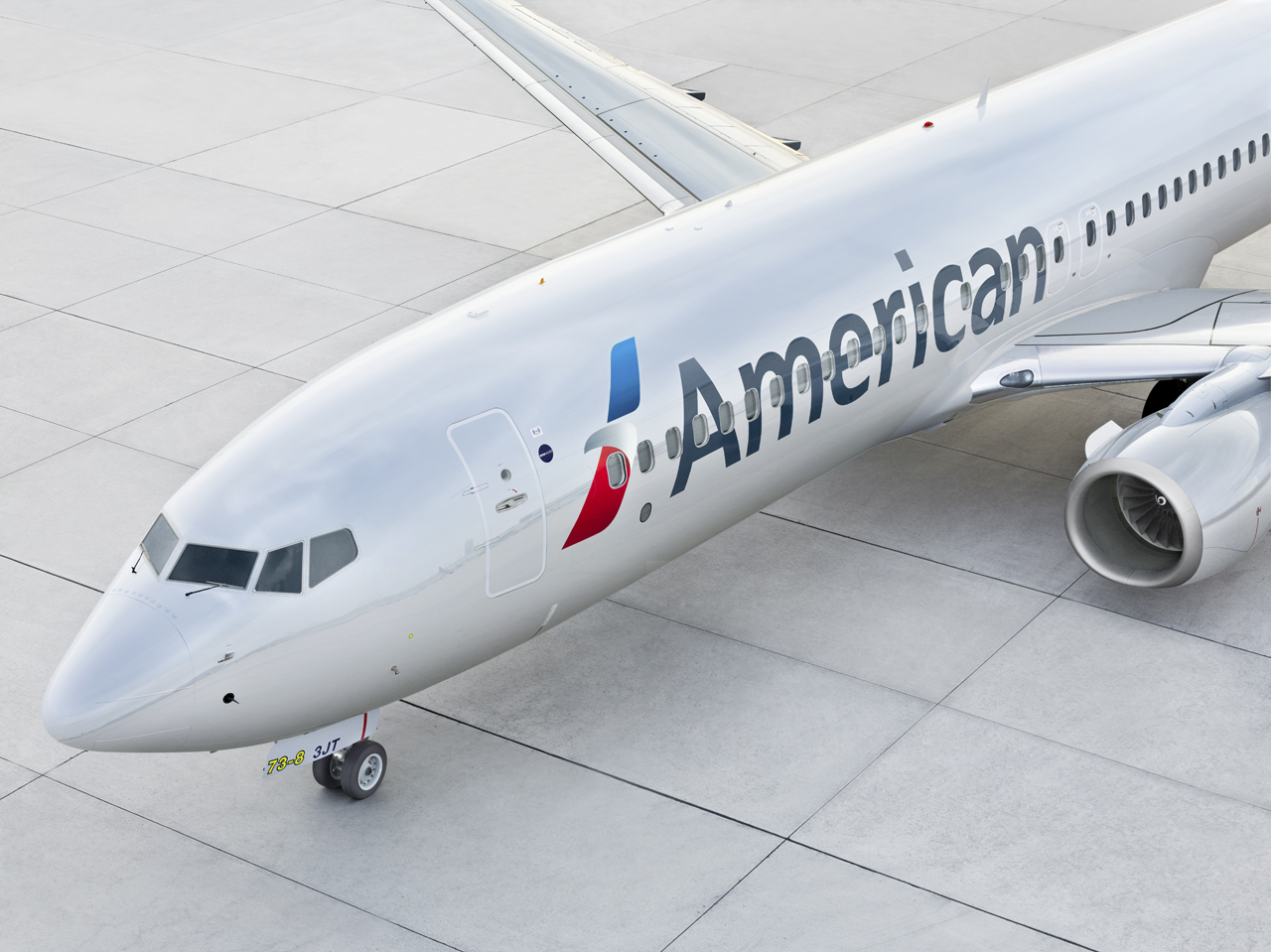Travel arrangers within a business may earn incentives similarly to frequent flyers for using a particular airline or hotel chain. But if frequent flyer miles go to the employee even when the business pays, should the booking incentives go to the travel arrangers?
If you are considering booking travel or signing up for a new credit card please click here. Both support LiveAndLetsFly.com.
If you haven’t followed us on Facebook or Instagram, add us today.
Airline Business Incentive Programs
All major US carriers and many global carriers offer business incentive programs to encourage businesses and those who arrange travel for them continue to book with the airline and receive something back for their loyalty. These points have been revenue based at least for the last decade and accrue much more slowly than frequent flyer miles but can be earned by all of the travelers of the business.
I have covered Delta Skybonus and American’s Business Extra in the past. United offers Perks Plus, Southwest, JetBlue, and Alaska have programs too. Awards are easier for companies in this sense to distribute. An award can be redeemed without naming the traveling employee which allows the business to use them for corporate travel or as an incentive to employees.
Hotels Offer Them Too
Chains usually have something like this as well, though it’s far harder to execute. For example, IHG (who hates their elites) has a program but often requires arrangers to make specific arrangements with specific hotels, Hilton is the same way. This is fine if your business is consistently booking a hotel near its corporate headquarters and flies employees regularly. Where it doesn’t work as well is when travelers are not consistently in the same locations and a single site agreement can be arranged.

The reason hotel programs are less successful and harder to use is because many locations are franchised. While I don’t see that as an issue (because those hotels universally accept the rest of the loyalty program as a condition of the brand) it must be more complicated than it seems.
Third-Party Websites Make the Argument for Travel Arrangers Tougher
Where this gets still messier is with the third-party booking sites like Hotels.com and Expedia. Third-party bookings don’t tend to affect air travel as much and some have reported that they continue to earn business corporate incentives even when booking on a third-party website, but hotels are a different story. Third-party bookings are nearly universally barred from earning status or points of any kind from the hotels themselves.
Businesses that elect to use consumer-facing third-party websites like hotels.com can earn themselves 10% back on hotel spend, other sites have business-specific portals that allow the business to retain some of their travel spend.

Who Should Keep The Points?
This is a topic that has been explored occasionally over the last couple of years. However, employers and employees continue to struggle with the nature of the points, how they are earned and who gets to spend them.
In the case of a cash back or direct reimbursement, it feels like the business should retain that. For example, if a travel arranger is making 100 bookings per year through Hotels.com, those rewards were earned because of company travel spend and they belong to the business.
However, businesses have uniformly allowed their employees to retain the bonuses, miles, points, and incentives that come with traveling on company-funded trips. This could be in part because the airlines have stated that “he who sits in the seat, earns the points” and not he who pays. There wouldn’t be any way for the company to extract that value. Further, companies benefit from their employees status which reduces the costs of checking bags, changing flights, and even some meals while traveling.
Programs like American’s Business Extra and Delta’s Skybonus make the issue less clear. Why does the traveler get to keep their points but the arranger does not? And if the traveler doesn’t have a specific corporate policy detailing the provenance of those benefits and limitations of its use nor does the travel arranger, why are they treated differently?

I was asked to be an expert witness for a trial regarding this matter some time ago. I declined and connected Gary Leff with the opportunity. He wrote about it here. The person was charged with misusing company assets for her personal vacations, but the company’s frequent flyers who did the same were not implicated in the case.
Is this theft or a benefit of the role?
My Take
Each business needs to make a decision for themselves as to whether travel incentives made for corporate bookings are corporate property (like a vendor credit or company laptop) or if they are like frequent flyer miles. If the company holds no policy on the matter, I think it’s unfair to determine that the points are company property and use of such by the arranger is tantamount to theft.
I can understand a business who wants to reduce their cost as much as possible and retain as much value from travel expenditures as possible. That’s fair. However, businesses can’t decide afterward that miles and points are company property if never first stated as such.
What do you think? Do corporate travel incentives belong to the company? Do they belong to the travel arranger as frequent flyer miles do to traveling employees? Is there another way to view the issue?




As with any other aspect of work life, there should be a balance of incentive for both the employer and the employee so as to remain competitive. I think any sort of rebate on the purchase itself should definitely belong to the company, as it’s their money being spent. But the employee whose butt is actually in the seat should get the benefits that apply strictly to butts in seats (miles, EQMs, upgrade certs, etc.).
Ultimately if you’re not making the work travel experience as comfortable as possible for the employee, you’re hurting your business in the long run. Forest for the trees.